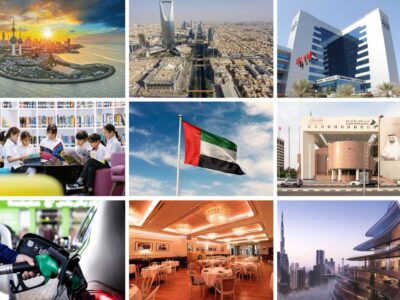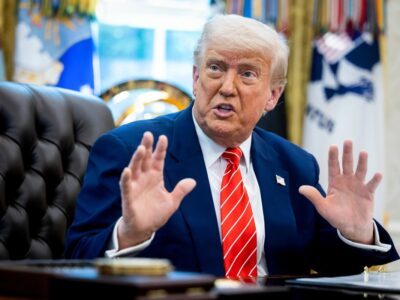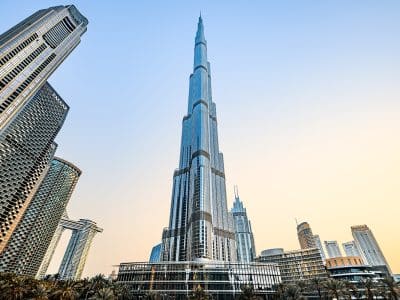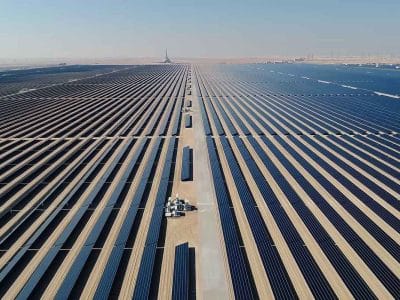Saudi Arabia is seeing a faster adoption of technology at a time when the coronavirus pandemic has weighed heavy on the private sector, according to a senior executive from the country’s Financial Sector Development (FSD) programme.
The FSD programme, which was launched three years ago, has achieved 90 percent of its targets and the coronavirus pandemic has led to a surge in the fintech sector, said Faisal al Sharif, director general of the FSD program.
Speaking at the 15th virtual edition of the Euromoney Saudi Arabia conference, Al Sharif said the FSD’s targets for Saudi Arabian Monetary Authority (SAMA) issuing fintech licences was three by end of 2020 but today there are eight such licences.
Similarly, the target for cashless transactions was 28 percent e-transactions by end of this year, but today they make up almost 37 percent of the total.

Al Sharif said fintech will continue to be a main component of the FSD moving forward into 2021, along with Islamic finance.
This does not mean the FSD programme was not impacted by coronavirus. Al Sharif alluded to challenges but did not elaborate on what they were specifically.
“If we go back to pre-pandemic days, plenty of key performance indicators have achieved their target. However as the pandemic has laid its shadows along all the globe, we have seen certain challenges in the first quarter of 2020″, adding that an uplift was seen in May and June.
Fintech has been steadily growing in the Middle East for the past few years. Saudi Arabia in particular has been supportive of fintech with SAMA setting up a regulatory “sandbox” last year. Sandbox is a regulatory body which allows fintech companies to experiment with innovative financial products.
Muhammed Mekki, founding partner of AstroLabs, the first international business incubator to be licensed in the kingdom back in 2018, says the Saudi start up ecosystem is “sprinting forward, really propelled by this combination of a compelling, deep, local market that’s hungry for tech-enabled solutions; along with a new fuel of venture funding that’s blossomed in the last year or two.”
Saudi Arabia’s private sector was also negatively affected by the pandemic according to Fahad Aldossari, deputy governor for research and international affairs at SAMA, who said the pandemic has weighed most heavily on the kingdom’s private sector.
“A number of government measures, including the lockdown, disrupted economic activities. This actually impacted the private sector, and especially the SMEs.”
According to Aldossari, the performance of the private sector has negatively affected the GDP forecast for 2020. “The expected growth of GDP by the IMF is going to be negative for this year and positive 3.1 percent in 2021. What we have seen is that the private sector was the main hit by this pandemic and that is why we see around 10 percent or more negative growth in the private sector.”
During the lockdown, Aldossari said SAMA initiated several programs to ensure that private sector entities, and employees in the private sector, survive the challenging period created by the pandemic and its aftermath.
“The whole purpose of these programs is to prepare and support the private sector for the post-lockdown period and to ensure that they survive the pandemic… We believe that without these programs it will be very difficult, especially for SMEs, to resume their businesses after the lockdown and pandemic.”
The good news is that there has been some recovery now that lockdown measures are easing up, Aldossari said, citing point of sales statistics by SAMA which show that consumption and consumer confidence have gone back to normal in several sectors since June.
But with the number of coronavirus cases still on the rise globally, the economic outlook for the kingdom is unclear.
“Unless we are out of the pandemic and there is a Covid 19 vaccine, economic conditions are uncertain. We do need to continue monitoring the situation,” added Aldossari.







